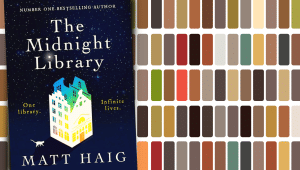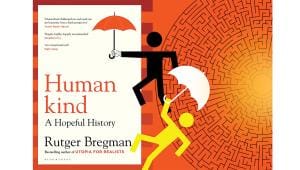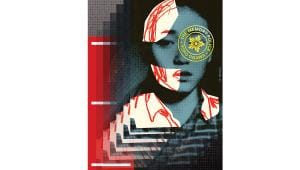Literature or sadism: The bleak picture of trauma in ‘A Little Life’
There are few novelists as cruel as Hanya Yanagihara—and in A Little Life (Doubleday, 2015), her pen draws blood. Nine years on, the controversy of the 800-page character study of an irreparably broken protagonist is still ablaze with accusations that it sadistically exploits trauma for profit.
19 June 2024, 18:00 PM
Revisiting ‘The Midnight Library’ and the beauty of a flawed life
Each hardcover spine contains the story of how Nora’s life would have turned out if she had chosen differently—if she had picked a different career path, moved to a different country or married a different person.
2 April 2022, 12:38 PM
Humans are innately evil, and other lies we tell ourselves
At some point in time, we decided cynicism was synonymous with intelligence and wisdom. We praised cynics for their realism and scoffed at those who held onto fairy tales.
16 September 2020, 18:00 PM
Humanity invites its degeneration in ‘The Memory Police’
On an unnamed island, the townspeople awaken to an unsettling feeling. Something has disappeared from their memories and dropped into a bottomless pit, joining perfume, hats, and birds, to name a few. From today, the townspeople are incapable of remembering anything about this ‘something’.
1 July 2020, 18:00 PM







